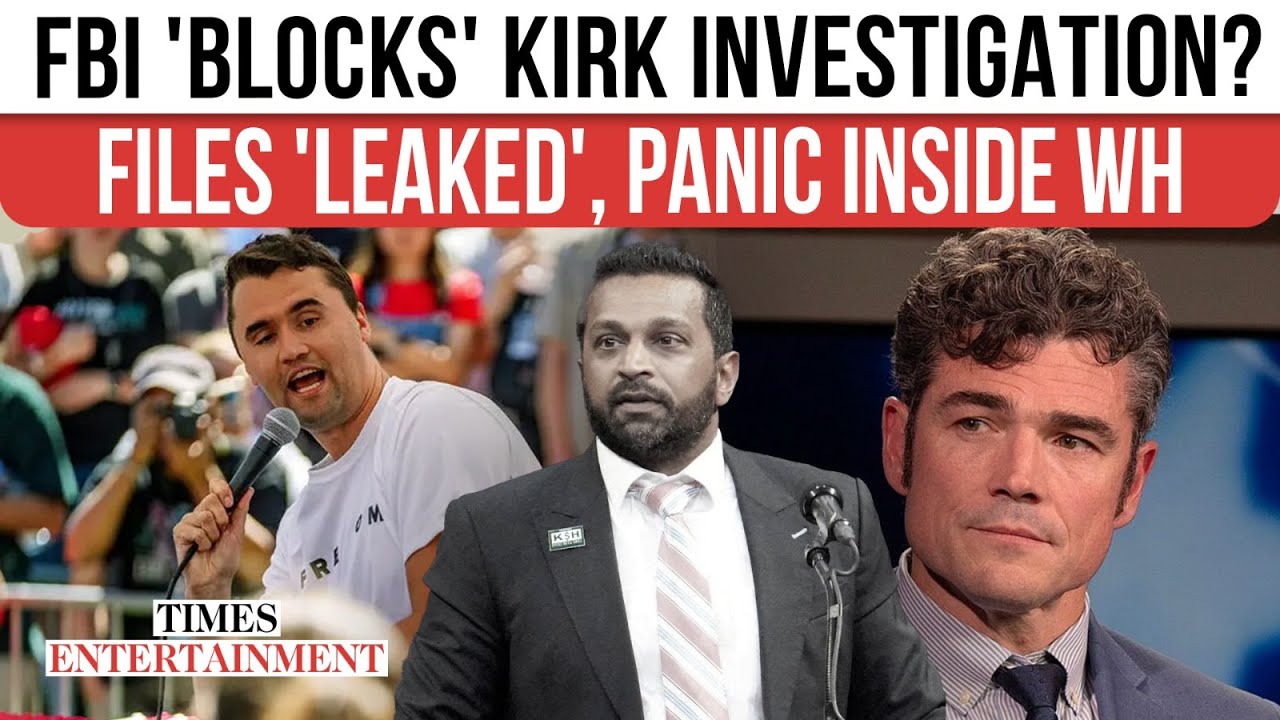Kash Patel Shuts Down Foreign Intelligence Probe into Charlie Kirk"s Murder
In a significant development within the political landscape, Kash Patel, the Director of the Federal Bureau of Investigation (FBI), has effectively halted an investigation led by Joe Kent, the head of the National Counterterrorism Center (NCTC), regarding potential foreign involvement in the assassination of conservative political commentator Charlie Kirk. This decision comes amidst rising tensions within the Trump administration and concerns over jurisdictional boundaries between various intelligence and law enforcement agencies.
Key Details
Charlie Kirk, a prominent figure in conservative circles and the founder of Turning Point USA, was allegedly murdered under circumstances that have raised questions about possible foreign interference. Joe Kent, who oversees the NCTC, initiated an analysis of FBI files to explore whether Kirk"s alleged killer, identified as Robinson, had received assistance from a foreign power. This investigation was reportedly alarming to Patel, who believed that Kent was overstepping his authority by interfering with an ongoing FBI investigation.
According to reports from the New York Times, officials within the Trump administration expressed concern that Kent"s probe into foreign involvement could inadvertently provide defense lawyers for Robinson with a potential argument. They feared that if evidence of foreign assistance were to surface, it could lead to claims that multiple suspects were involved in Kirk"s murder, complicating the prosecution"s case.
The FBI and the Department of Justice (DOJ) have historically maintained strict regulations regarding the handling of evidence in active criminal investigations and prosecutions. This protocol underscores the sensitivity surrounding ongoing cases and the potential ramifications of premature disclosures.
Under Kent"s direction, the NCTC had begun collecting materials from various intelligence agencies to investigate any potential foreign ties to Robinson. This included evaluating any possible foreign funding linked to individuals associated with left-wing groups, such as Antifa. The investigation"s focus on these groups reflects ongoing concerns about domestic extremism and foreign influence in U.S. political matters.
Additionally, there have been longstanding jurisdictional issues between Tulsi Gabbard"s office, a close advisor to Kirk, and the FBI, which may have contributed to the complexities surrounding the investigation. As of now, it remains unclear whether the FBI or the NCTC is continuing to investigate the possibility of foreign assistance in Kirk"s murder.
Background
Charlie Kirk is a well-known conservative activist and commentator who has garnered attention for his outspoken views and advocacy for conservative policies. His assassination has sparked widespread debate and concern among political circles, particularly regarding the implications of foreign interference in domestic affairs. The investigation led by Joe Kent represents a broader effort to understand the potential threats posed by foreign entities in American politics, especially in light of recent events that have raised alarms about election security and the influence of foreign powers.

Image for Kash Patel shuts down foreign intelligence probe into Charlie Kirk"s murder
What"s Next
The cessation of the foreign intelligence probe into Kirk"s murder raises questions about the future of the investigation and the potential for further developments. With the Trump administration"s concerns about jurisdiction and the handling of evidence, it is likely that the focus will remain on ensuring that ongoing investigations adhere to established protocols. The implications of this case extend beyond the immediate circumstances of Kirk"s assassination, as it touches on broader themes of national security, domestic terrorism, and the integrity of the U.S. political system.
As previously reported, the political climate remains charged, and the ramifications of this investigation could influence future discussions about the role of intelligence agencies in domestic matters. For more on related coverage, see our article on recent developments involving the Trump administration.



![[Video] Gunfire between Iraqi security forces and Sadr militias in Baghdad](/_next/image?url=%2Fapi%2Fimage%2Fthumbnails%2Fthumbnail-1768343508874-4redb-thumbnail.jpg&w=3840&q=75)
